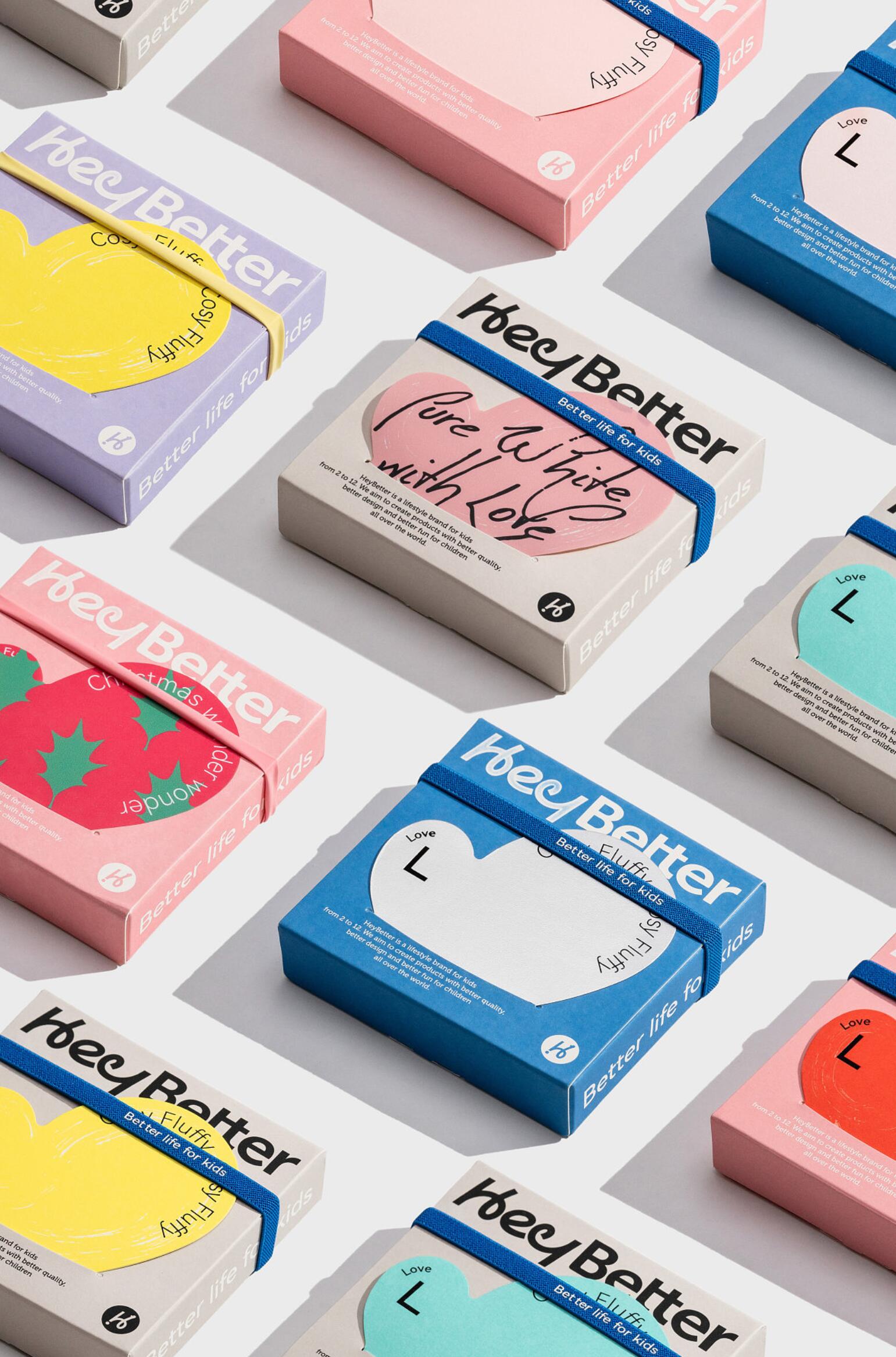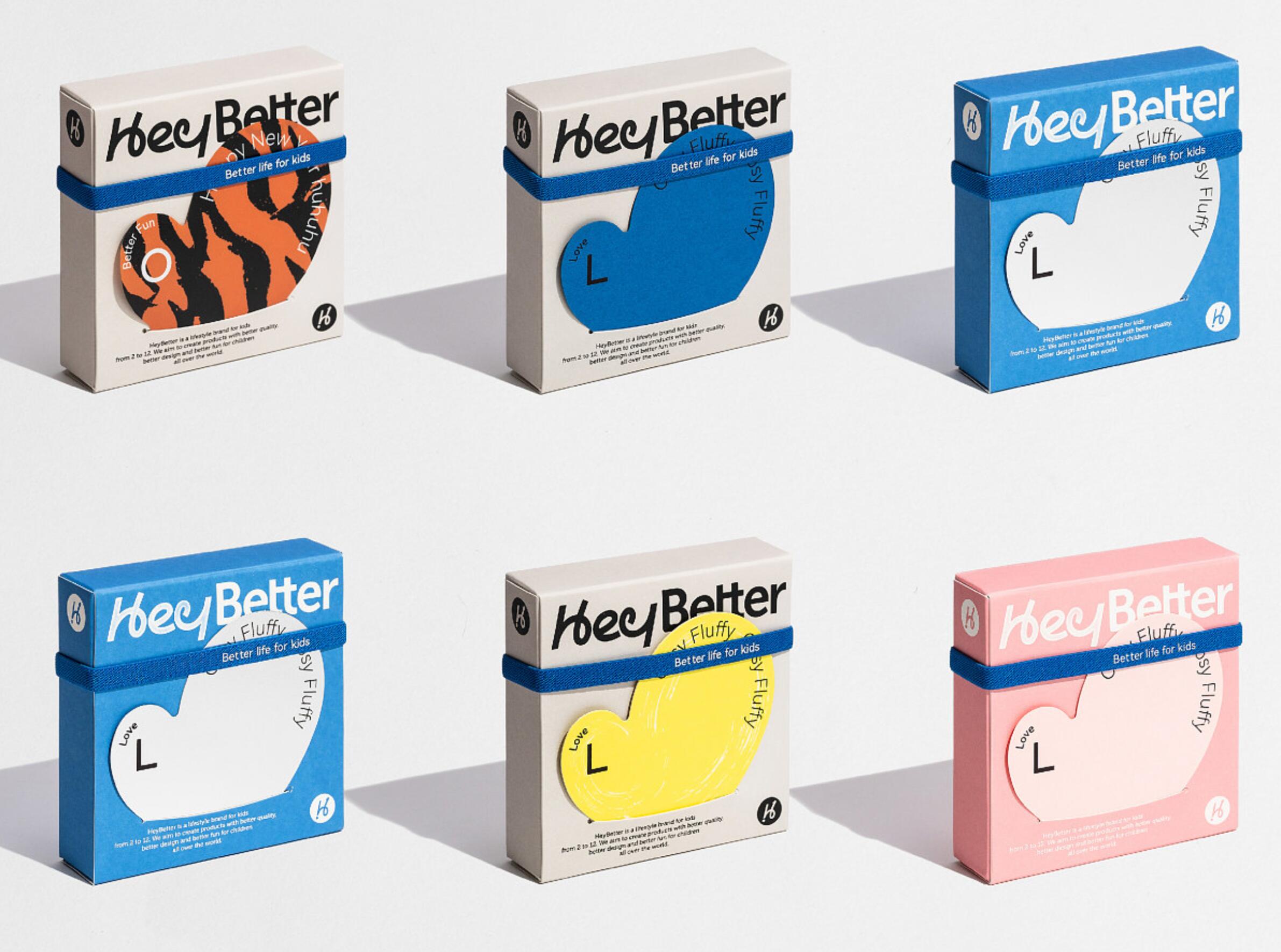This paper explores the innovative aspects of shape and structure in packaging box design. With a focus on incorporating
the latest design concepts, materials, and selection of packaging box materials, this study aims to analyze the impact of
innovative packaging on consumer experience. The paper is divided into sections covering the importance of shape and
structure, the role of materials, examples of innovative packaging designs, and a concluding perspective.
1. Introduction
In today's competitive market, packaging plays a crucial role in attracting consumers and conveying brand messages.
The design elements, especially the shape and structure of packaging boxes, hold significant potential to create a lasting
impression. This paper examines how innovative shape and structure enhance consumer engagement and satisfaction.
2. Importance of Shape and Structure in Packaging Box Design
The shape and structure of packaging boxes influence consumers' perception, making it essential for designers to create
visually appealing and functional designs. Innovative shapes can differentiate products from competitors, capture attention,
and enhance shelf presence. Moreover, structural innovations such as foldable or stackable designs offer convenience and
ease of storage.

![]()
3. Role of Materials in Packaging Box Design
Material selection in packaging design is crucial for sustainability, durability, and aesthetics. With the growing emphasis on
eco-friendly packaging, designers are incorporating recyclable, biodegradable, and renewable materials. The choice of
materials should align with the brand image and product characteristics while ensuring protection during transportation
and storage.
4. Innovative Packaging Box Designs
4.1 Minimalist and Sleek Designs
Box designs with clean lines, minimalist graphics, and streamlined structure reflect a contemporary aesthetic. By decluttering
the packaging, designers create a sense of elegance and sophistication, appealing to modern consumers who seek simplicity.
4.2 Interactive and Functional Designs
Innovative packaging designs that offer interactive and functional elements provide a unique user experience. Pull-out drawers,
compartments, or hidden messages engage consumers, fostering a memorable brand interaction.
4.3 Sustainable and Eco-friendly Designs
With increasing environmental consciousness, the adoption of sustainable packaging practices is imperative. In recent years,
biodegradable and compostable packaging materials, along with minimalist designs that reduce waste, have gained popularity.
Innovative structures made from recycled materials offer a sustainable solution without compromising functionality or aesthetics.
5. Conclusion
Innovation in shape and structure has proven to be a powerful tool in packaging box design. By considering the latest design
concepts, incorporating suitable materials, and ensuring functional and aesthetically pleasing packaging, brands can create a
memorable consumer experience. This paper serves as a reminder to designers and brand owners of the immense potential in
exploring innovative shapes and structures, leading to increased brand recognition, customer satisfaction, and sustainable
practices in the packaging industry.
In summary, the ever-evolving consumer preferences and environmental concerns highlight the need for continuous innovation
in packaging box design. Shape and structure, along with the choice of materials, are critical aspects that should be carefully
considered. By embracing innovative techniques and designs, brands can distinguish themselves in the market and establish a
positive brand image while contributing to a sustainable future.






